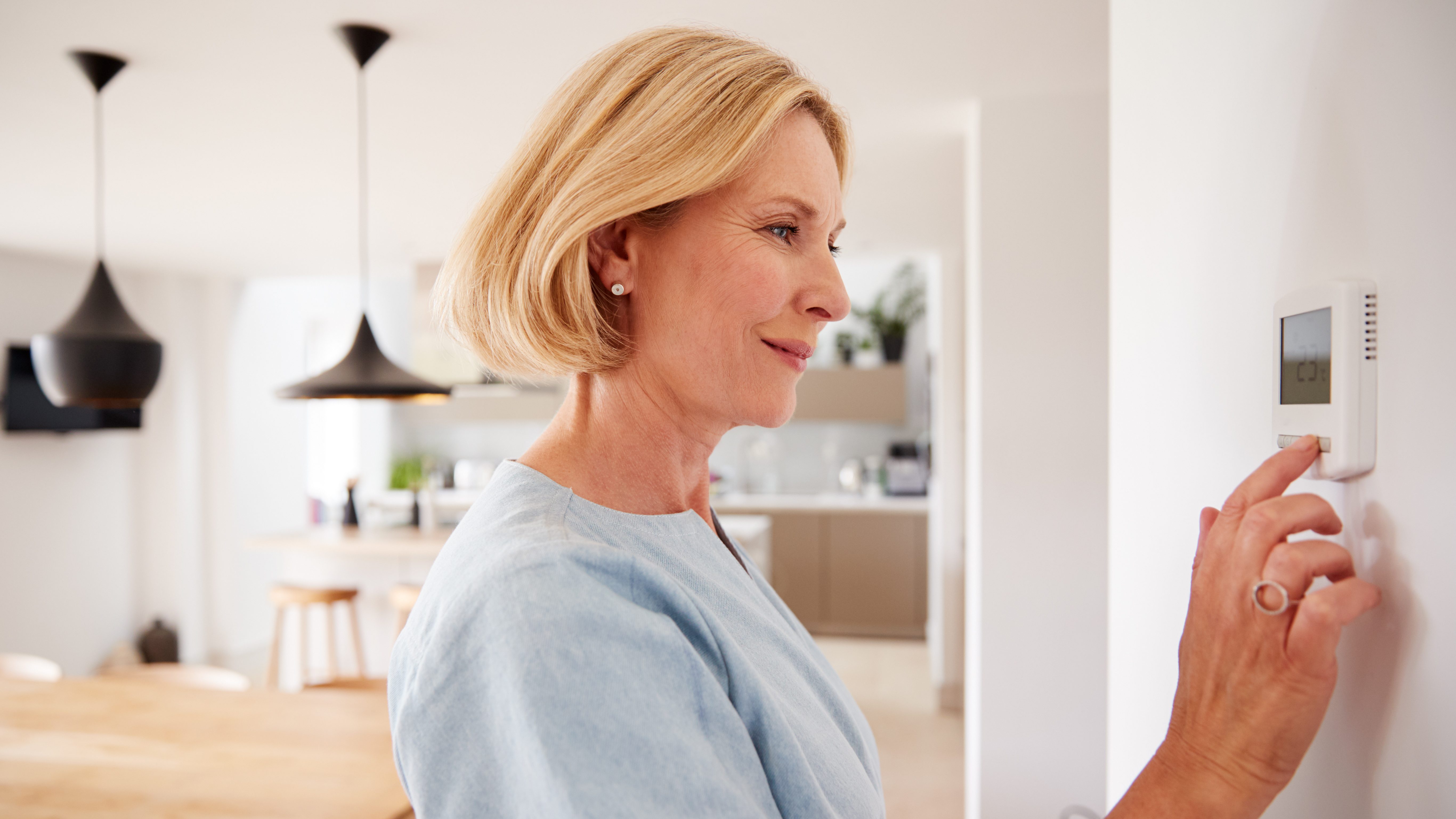"There are not as many test kits available for us. And also there is not the infrastructure in place to test everybody in the community for it, either," Mike Hastings, president of the Emergency Nurses Association, told Newsy.
"My doctor can't get results and I haven't had results. And it's been four days," said one patient who spoke to Newsy sister station KMGH.
As coronavirus cases spread in the U.S., test shortages have stressed health care providers and patients waiting to find out if they have the illness. But getting a COVID-19 test isn't nearly as simple as something like a flu or strep test.
The testing process generally goes like this: A health provider takes samples from a patient's upper and lower respiratory area. That can be a nose or throat swab, spit, or fluid from the lungs. Those samples get sent to a lab, and the doctor and patient wait for results to be sent back. Here in Colorado, the state Health Department says patients with positive results get directly notified ASAP, but officials tell Newsy that negative results are sent back to the doctor who ordered the tests instead of straight to the patient.
"With COVID-19 testing, because it's such a new virus, we don't have the reagents or the type of liquid that we need to do this type of test on any piece of equipment. So we don't have little kits running around that your doctor can use for COVID-19. So we have to have either send that testing out to a reference lab or we need to bring in specialized equipment and specialized reagents in order to do that in the hospitals," Heather Signorelli, vice president and chief laboratory officer for HCA Healthcare, told Newsy.
Pathologist Heather Signorelli oversees labs in more than 185 hospitals owned by HCA Healthcare. She told Newsy that very complex, expensive equipment and testing materials are hard to come by, adding to the lag time for results. Medicare and Medicaid have committed to paying for the tests, but even without having to worry about how to pay for it, patients may not be able to get it.
"Honestly, it's a supply issue, but I am concerned we need a lot of tests, and I'm just concerned about the general public," Dr. Mark Makary, professor of public health at Johns Hopkins University, told Newsy.
Commercial labs like Quest Diagnostics and LabCorp have also started running tests, but those still require the same doctors and hospitals to collect the samples because lab companies don't want potential coronavirus patients in their waiting rooms. And there is a lag in those results, too. LabCorp told Newsy it takes three to four days because all the tests are analyzed out of a lab in North Carolina.
Meanwhile, the U.S. Department of Health and Human Services announced it will fund the development of rapid diagnostic tests at two companies. The FDA also just approved a third test — the first commercially available one — from a company whose test runs on two different machines and can analyze samples from around 5,000 patients a day.
"As these manufacturers in this area start to develop these reagents, we anticipate that it's going to become much more widely available, even in your community hospitals. But again, it's going to be slightly different. It's still not going to be a little kit. It still requires very special equipment, very special reagents in certain hospitals," Signorelli told Newsy.










